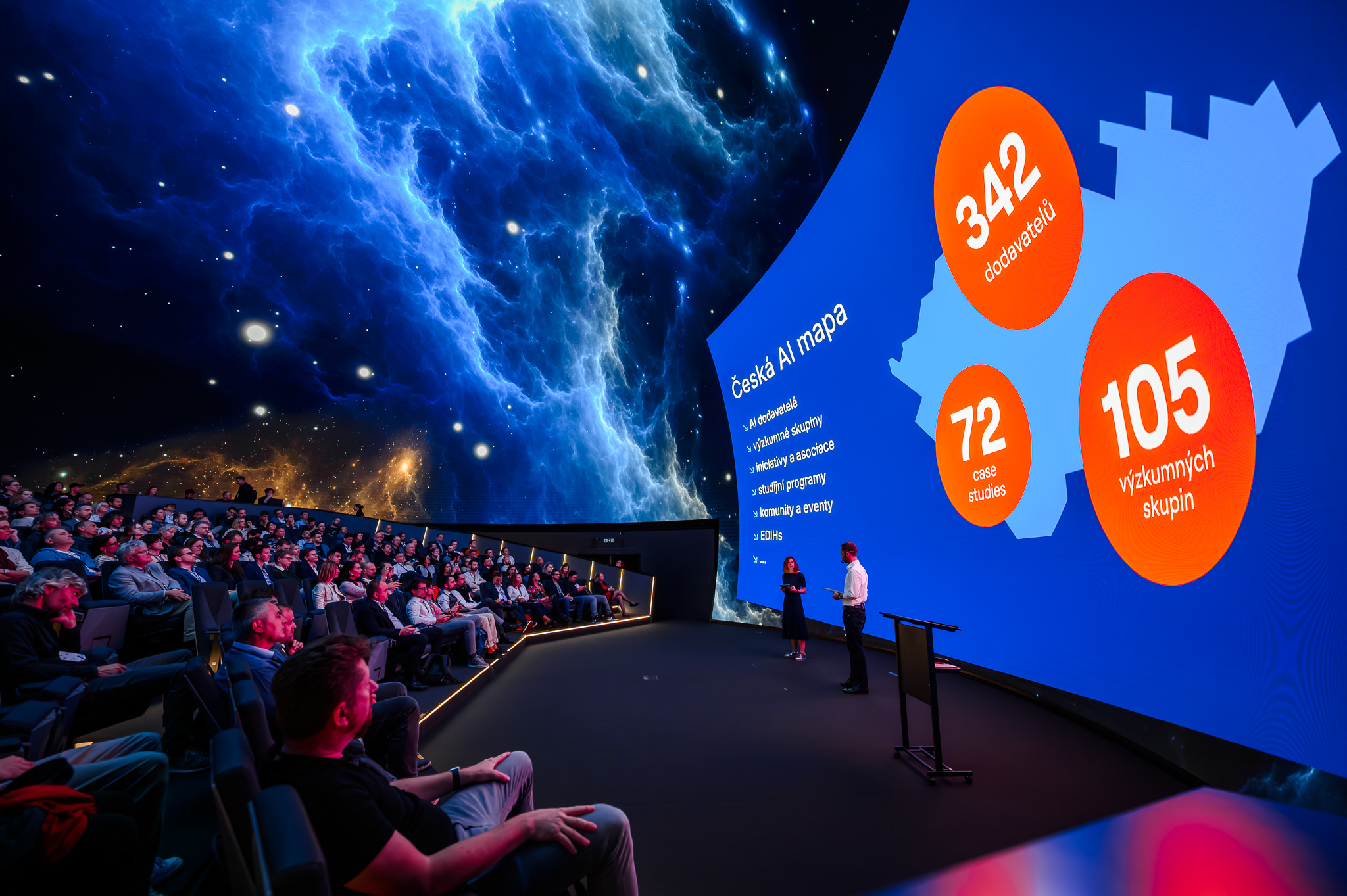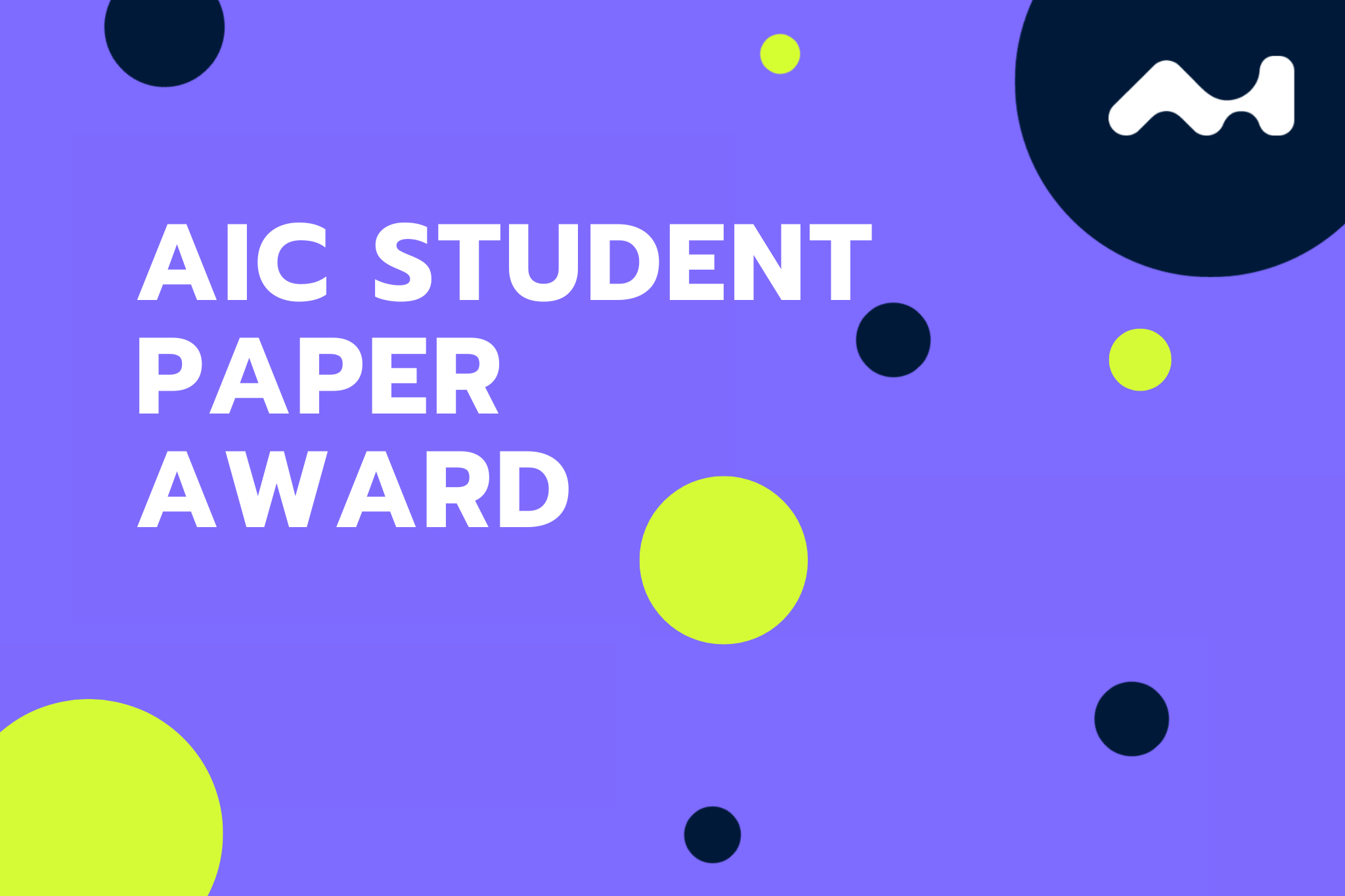Jakub received his bachelor and masters degrees from Masaryk University, in Brno, the Czech Republic, and his Ph.D. degree from the University of Nottingham, Nottingham, U.K., in 2006, 2009, and 2012, respectively. He has worked in two start-ups, at ARM Ltd., at the University of Edinburgh, at the University of Toronto, at IBM Research -- Ireland, and at the University of California, Los Angeles. He is currently a faculty member at the Czech Technical University in Prague, the Czech Republic. He designs and analyses algorithms for optimisation and control problems across a range of application domains, including power systems, quantum computing, and robust statistics.
For more details, please see:
CV
List of pre-prints and publications
List of patents
GitHub profile
Supervisor of fabulous PhD students
Xiaoyu He (CTU)
Shenyuan Ma (CTU)
Jiri Nemecek (CTU)
Waqas Parvaiz (CTU)
Recent graduates from the lab
Antonio Bellon (CTU, now at the U of Augsburg)
Ramen Ghosh (UCD, now at the Atlantic Technological U)
Allahkaram Shafiei (CTU, now at the U of Salerno)
Quan Zhou (Imperial College London, now at The Technion)
Mentor to the following post-docs
Johannes Aspman
Gilles Bareilles
Allan Gehret
Ales Wodecki
Previously, I have worked with a number of excellent post-doctoral fellows
- Georgios Korpas, whose PhD was from the Trinity College Dublin (2019). Subsequent position: Research scientist at HSBC.
- Libor Caha, whose PhD was from the Slovak Academy of Sciences (2021). Subsequent position: Post-doc at Technical University of Munich.
- Philipp Haehnel, whose PhD was from the Trinity College Dublin (2018). Subsequent position: Post-doc at Harvard University.
Previously, I have also worked with a number of PhD students while at IBM Research
- Olivier Massicot at the University of Illinois Urbana-Champaign (2019-2020). Continues his PhD studies at UIUC.
- Anna de Rosier at the University of Gdansk (2019–2020): Subsampling in Testing Non-Locality. Subsequent position: Post-doc at Maynooth University.
- Cunlu Zhou at the University of Notre Dame (2018): Alternative Methods in Semidefinite Programming; Subsequent position: Post-doc at the University of Toronto
- Jie Liu at the Lehigh University (2017–2018): Hybrid Methods for Polynomial Optimisation; Subsequent position: Research Scientist at Innopeak Technology
- Jing Xu at the University of Pennsylvania (2017): Robust Parameter Estimation in Gaussian Mixture Models; Subsequent position: ML Engineer at Facebook (FAIR)
- Alan Liddel at the University of Notre Dame (2016): Hybrid Methods for Polynomial Optimisation; Subsequent position: Software Engineering Manager at Path Robotics
- Martin Takac at the University of Edinburgh (2014): First-Order Methods for Semidefinite Programming; Subsequent position: Tenured faculty associate professor at Lehigh University
- Wann-Jiun Ma at the University of Notre Dame (2014): First-Order Methods for Semidefinite Programming; Subsequent position: Post-doc at Duke University
- Tim McCoy at the University of Notre Dame (2013): Homotopy Methods in Power Systems; Subsequent position: Software engineer at Google









